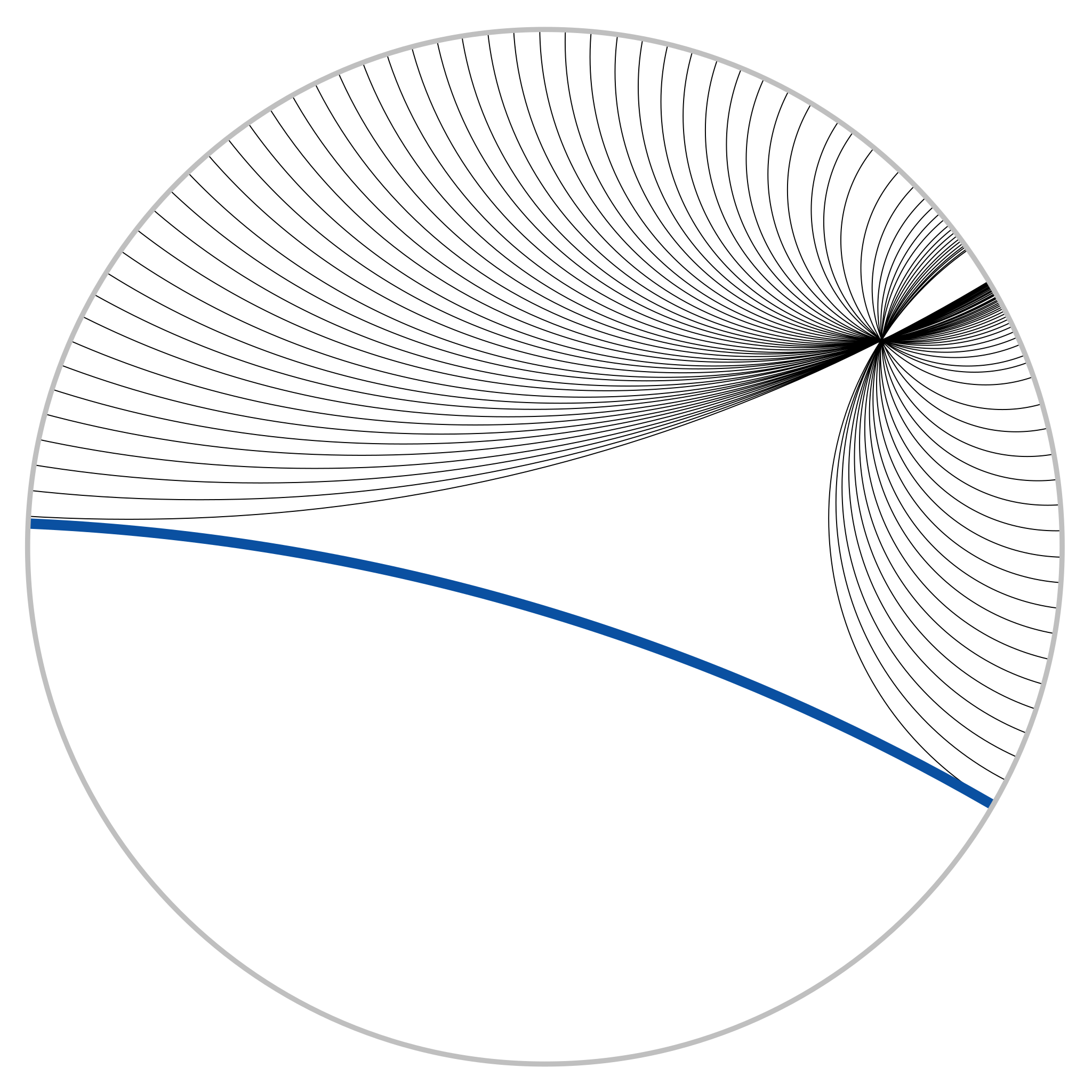Workshop on Complex Hyperbolicity
February 22nd and 23rd, 2024
ESAGA, Essen

Speakers
Damian Brotbek (Nancy)
Ariyan Javanpeykar (Nijmegen)
Jörg Winkelmann (Bochum)
Aim
The aim of the workshop is to study recent developments in the theory of complex hyperbolic manifolds. Special focus will be laid upon hodge-theoretic aspects and algebraicity/finiteness results. Among other things we plan to learn about the contents of the following papers
* Damian Brotbek, Yohan Brunebarbe: Arakelov-Nevanlinna inequalities for variations of Hodge structures and applications, arXiv:2007.12957
* Ariyan Javanpeykar, Robert Kucharczyk: Algebraicity of analytic maps to a hyperbolic variety, DOI:10.1002/mana.201900098
* Ariyan Javanpeykar, Steven Lu, Ruiran Sun, Kang Zuo: Finiteness of pointed maps to moduli spaces of polarized varieties, arXiv:2310.06784
For more details, see the subsequent section.
Abstracts
Damian Brotbek: Arakelov-Nevanlinna inequalities
In this series of talks I will present some results concerning Nevanlinna theory for variations of Hodge structure, and related questions.
The question is the following: Suppose one is given a pair (X,D) where W is a projective manifold and D is a simple normal crossing divisor, and that U=X\D supports a variation of Hodge structure. Under suitable assumption on the period mapping, it is known since the work of Griffiths that U is Brody hyperbolic. It is also known that (under similar assumptions), the pair (X,D) is of general type. In view of Griffiths fundamental conjecture on entire curves, it is a reasonable question to study the distributions of entire curves in X with respect to the boundary divisor D. The purpose of this talk is to explain how to obtain a Second Main Theorem in this setting, which is an analogue in the transcendental setting of the so-called Arakelov inequality in the algebraic case. This is based on a joint work with Brunebarbe.
Talk 1 : Algebraic hyperbolicity and Nevanlinna theory for parabolic Riemann surfaces
In this introductory talk I will try to explain why much of Nevanlinna theory can be understood as a transcendental analogue of algebraic hyperbolicity. I will also explain how this can be formalized using parabolic Riemann surfaces. I will in particular mention the notion of Nevanlinna pair introduced by Yan He and Min Ru.
Talk 2 : Nevanlinna theory via the negativity of the sectional curvature
In this second talk, I will explain how one can use the existence of a metric with negative (bounded above) holomorphic sectional curvature on the open subset U=X\D to obtain a Second Main Theorem for the pair (X,D). This mainly relies on a version of the lemma of logarithmic derivative. As a consequence, I will prove that if U is hyperbolically embedded in X, then there exists a Second Main Theorem for the pair (X,D).
Talk 3 : The Arakelov-Nevanlinna inequality and applications
In this last talk I will explain how the previous results can be directly applied to the setting of variations of Hodge structures simply from the known curvature properties of the Griffiths-Schmidt metric. I will also give some applications of this result generalizing results of Nadel on the existence of hyperbolic coverings of X.
Ariyan Javanpeykar: Hyperbolicity vs finiteness
Talk 1. "The Lang-Vojta conjectures"
Talk 2. "Moduli spaces"
Talk 3. "Campana's conjectures"
Schedule
THURSDAY
10:00 - 10:30 Welcome and Coffee/Tea
10:30 - 11:30 Brotbek 1
11:45 - 12:45 Javanpeykar 1
Lunch break
14:30 - 15:30 Javanpeykar 2
Coffee break
16:00 - 17:00 Winkelmann
FRIDAY
10:00 - 11:00 Brotbek 2
11:30 - 12:30 Javanpeykar 3
Lunch break
14:30 - 15:30 Brotbek 3
Location
ESAGA, University of Duisburg-Essen, Essen, Seminar Room WSC-N-U-3.05.
A plan showing how to find the building (which is not located on the main campus) is here.
Organisers
Daniel Greb (UDE)
Christian Lehn (RUB)
Funding
ANR-DFG Project "QuaSiDy"
DFG-RTG 2553 "Symmetries and Classifying Spaces - Analytic, arithmetic, and derived"
